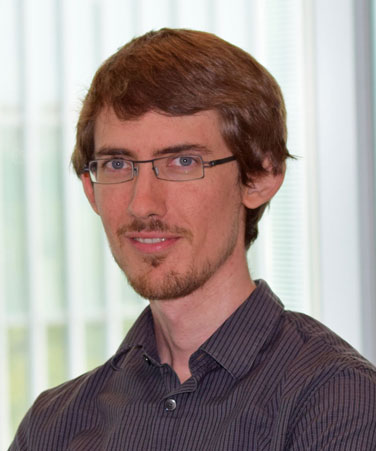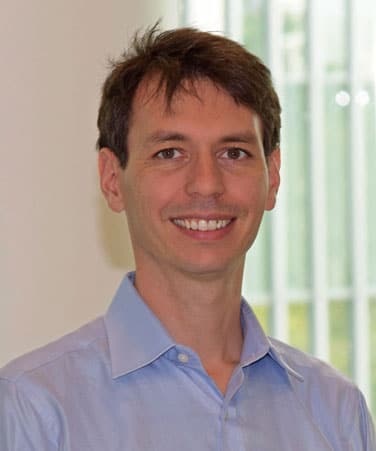Posted on September 27, 2019 in ASRC News, Environmental Sciences Initiative, Structural Biology Initiative
Three researchers at the CUNY ASRC have been awarded multi-year, federal agency grants to address topics in protein regulation and the response of the U.S.’s food-energy-water systems to climate change.
Professor Daniel Keedy of the CUNY ASRC’s Structural Biology Initiative and The City College of New York (CCNY) has received $1.94 million from the National Institute of Health (NIH) for a five-year period. Professor Amédée Des Georges, also with the ASRC’s Structural Biology Initiative and CCNY, was awarded $1.96 over five years from the NIH. Professor Charles Vörösmarty, of the ASRC’s Environmental Sciences Initiative and CCNY has received $2.5 million from the National Science Foundation for a four-year research period.
|
|
|
|
Keedy’s grant will fund research into allosteric regulation of Protein Tyrosine Phosphatase (PTP) enzymes. While these enzymes are relevant to diseases such as cancers, arthritis, and Alzheimer’s, researchers do not have a complete understanding of their regulation. A clearer picture of related conformational changes and the development of allosteric ‘signatures’ could pave the way for therapeutics to treat PTP enzyme dysfunction, protein engineering, and addressing fundamental questions in biophysics.
Funding for Des George’s research will go toward investigations into the function and regulation of ion channels, a better understanding of which could someday lead to pharmaceuticals designed to treat their malfunction. His research will focus on mechanosensitive channels and the ryanodine receptor, which are related to kidney function and blood pressure regulation, and heart and muscle function, respectively. Des Georges will address how lipid-protein interactions and small molecules affect these channels’ gating mechanisms and modulation.
Vörösmarty’s award will go toward creating an analysis framework for the interwoven food, energy, and water systems of the Midwest and Northeast as they respond to climate change. These two regions account for half of the U.S. population and GDP and are deeply linked to global food production as well as energy security. An interdisciplinary research team will link models in climate dynamics, biogeophysics, engineered systems, and economics to evaluate response options to extreme weather and assess future policy options. The framework will also allow researchers to examine the limits of traditional engineering and consider alternative, nature-based solutions.



